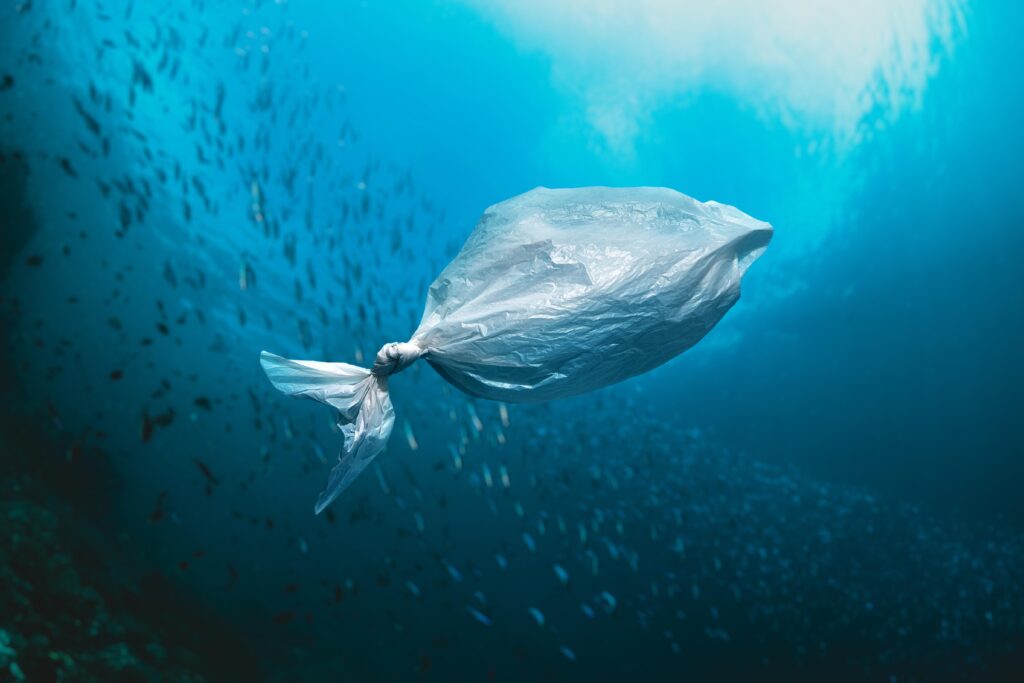
Plastic waste is one of the biggest environmental challenges of our time—and businesses, large and small, play a major role in both the problem and the solution. With rising awareness around sustainability, companies are being called to rethink their plastic usage and adopt greener waste management strategies. One such step is participating in or implementing plastic recycling programs.
But beyond environmental responsibility, plastic recycling offers tangible business advantages: from cost savings and operational efficiency to brand reputation and customer loyalty. Here’s how adopting recycling practices can transform your business—and why now is the right time to take action.
Understanding Plastic Recycling in the Business Context
Plastic recycling refers to the process of collecting, sorting, cleaning, and reprocessing used plastic materials into new products. For businesses, this could mean setting up internal systems to manage waste or partnering with third-party recyclers to ensure responsible disposal of plastic packaging and by-products.
Unlike simply discarding waste, recycling extends the lifecycle of plastic materials and keeps them out of landfills and oceans. And with increasing government regulations and consumer expectations, businesses that take recycling seriously stand to benefit the most.
Cost Savings and Resource Efficiency
One of the biggest misconceptions is that recycling is expensive. In reality, recycling programs can lead to substantial long-term savings. Companies that reduce the amount of plastic they send to landfills often pay less in waste management fees. Additionally, recycled materials are sometimes cheaper than virgin plastics, especially in manufacturing and packaging industries.
Businesses that implement waste audits and recycling programs often discover inefficiencies—such as excessive packaging, redundant materials, or poor disposal habits—that, when corrected, lead to cost reduction.
Boosting Brand Image and Customer Loyalty
Today’s consumers are more environmentally conscious than ever. They want to support brands that share their values and take active steps toward sustainability. By participating in plastic recycling programs and communicating these efforts transparently, businesses can strengthen their public image and differentiate themselves in a crowded market.
Displaying certifications, using packaging made from recycled materials, or simply showcasing your recycling efforts through marketing channels can resonate with eco-aware customers. This creates brand loyalty, increases trust, and can even justify premium pricing.
Regulatory Compliance and Risk Reduction
Governments across the globe are enforcing stricter environmental regulations, especially regarding plastic waste. Extended Producer Responsibility (EPR), single-use plastic bans, and mandatory recycling quotas are becoming more common.
Businesses that get ahead of these policies by adopting recycling programs and aligning with waste management standards reduce their risk of non-compliance. This proactive approach not only prevents penalties and legal hassles but also positions the company as a responsible industry leader.
Enhancing Corporate Social Responsibility (CSR)
Corporate social responsibility is no longer optional—it’s an essential part of business strategy. Implementing recycling programs fits naturally into broader CSR goals. Whether it’s reducing emissions, cutting down on waste, or supporting circular economy initiatives, plastic recycling can be a foundational element of your sustainability roadmap.
By involving employees, partners, and customers in recycling efforts, businesses can build a culture of environmental accountability and community engagement.
Circular Economy and Competitive Advantage
More businesses are adopting circular economy models, where products and materials are kept in use for as long as possible. Plastic recycling plays a key role in this model by transforming waste into raw material, feeding back into the production cycle.
Companies that successfully integrate recycled plastics into their supply chains benefit from reduced dependency on virgin resources, lower carbon footprints, and enhanced supply chain resilience. These efforts not only improve sustainability metrics but also provide a competitive edge in a market moving steadily toward green innovation.
Applying the Principles of Reduce, Reuse, Recycle
At the heart of effective plastic waste management is the classic hierarchy: reduce, reuse, recycle. These principles are not just theoretical—they are practical guidelines that businesses can apply in everyday operations.
-
Reduce: Start by minimizing plastic use in product packaging, shipping materials, and office supplies. Redesign packaging to be more compact or switch to materials that require less plastic content.
-
Reuse: Find ways to repurpose plastic containers, packaging, or display materials. Encourage customers to return packaging for refill or reuse options.
-
Recycle: Implement clear in-house recycling systems, partner with certified recyclers, and invest in products made from recycled content.
By embracing the principles of reduce reuse recycle in plastic waste management, businesses can build a more resilient, efficient, and eco-conscious operation.
Getting Started: Steps for Businesses
Starting a plastic recycling program doesn’t have to be overwhelming. Here’s a simple roadmap:
-
Conduct a Waste Audit: Understand how much plastic your business uses and where it comes from.
-
Set Goals: Define realistic recycling targets and timelines.
-
Choose the Right Partners: Work with reputable waste management and recycling providers.
-
Educate Your Team: Train employees on proper sorting and recycling practices.
-
Track and Report: Monitor your progress and share results with stakeholders and customers.
Final Thoughts
Plastic recycling isn’t just an environmental gesture—it’s a strategic business move. Companies that engage in meaningful recycling efforts are seeing the rewards in cost savings, brand value, customer loyalty, and regulatory readiness.
As the world continues to grapple with plastic pollution, businesses that align with sustainability principles and integrate the reduce-reuse-recycle mindset into their operations will be the ones that thrive. Taking small steps today can lead to big benefits tomorrow—for your business, your community, and the planet.







